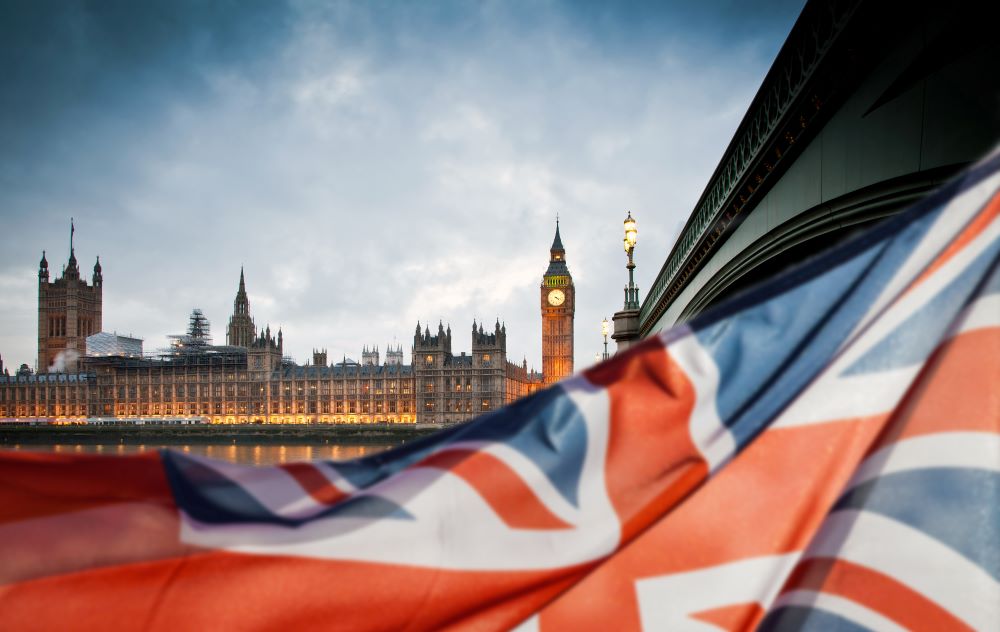
The government’s post-Brexit tariff policies are facing their first significant tests both home and abroad, with legal challenges expected in the British courts and in Geneva at the World Trade Organization (WTO).
The landmark cases include a subsidy dispute involving British Sugar and a possible challenge to the UK at the WTO for its extension of protections for the country’s steel industry.
The UK has been able to set its own tariffs since completing its split from the EU at the end of the transition period on New Year’s Eve.
Not so sweet
British Sugar last week launched a legal challenge to the government’s decision to allow 260,000 tonnes of raw cane sugar to enter the UK tariff-free, reports Farming UK.
The company, which produces the Silver Spoon sugar brand using British grown sugar beet, claims the decision is effectively a subsidy for its main competitor Tate & Lyle, who are the only major refiner of cane sugar in the UK.
British Sugar claims the tariff decision benefits Tate & Lyle by at least £12m a year.
NI Protocol breach
According to the Times, British Sugar’s lawyers claim EU producers would also be undercut and so the removal of tariffs would be in breach of the Northern Ireland Protocol.
The FT reports that the judge currently overseeing the case, Justice Foxton said the case should be heard as the government had failed to deliver a “knockout blow” to British Sugar’s case.
Steel unresolved?
Trade experts have told the FT that Liz Truss decision to extend protection to the British steel industry could also be vulnerable to a challenge through the WTO.
The trade minister rejected recommendations by the newly formed Trade Remedies Authority (TRA) to end protection for steel products, following lobbying from the industry.
The TRA said there was insufficient evidence that the 25% tariffs on nine steel product categories, inherited from the UK’s former membership of the EU, should be kept.
The WTO requires that evidence is provided for tariffs to be imposed by governments on goods. The UK, having left the EU, would therefore need to provide fresh evidence for its renewed steel duties.



